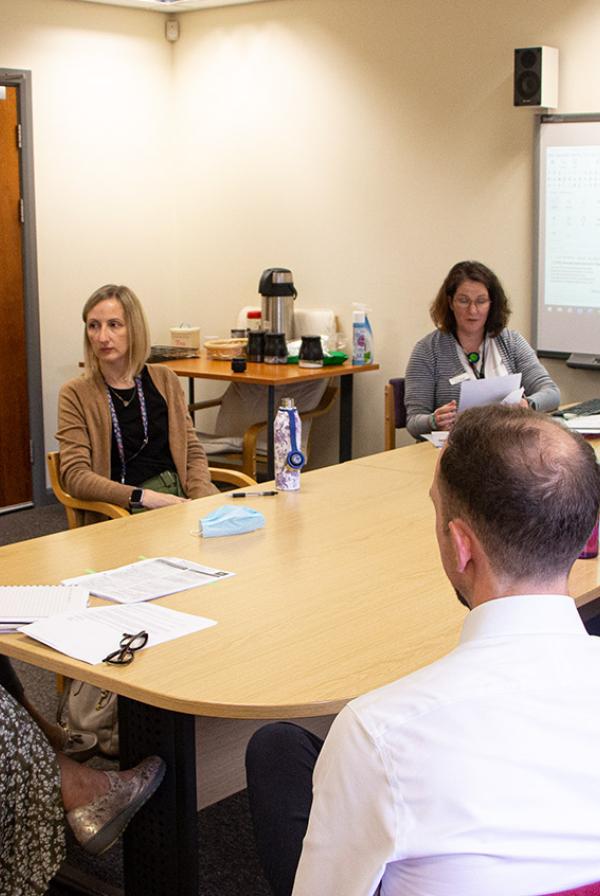Developing primary care leadership: A Greater Manchester success story
Recognising the evolving demands of primary care leadership, the NHS Confederation, commissioned by Greater Manchester Primary Care Provider Board, designed a leadership development programme for general practice leaders.
The aim of the ‘Leading teams through change’ programme was to foster collaboration across boundaries, and build resilient, high-performing teams and to lead change effectively. The programme was designed to build change leadership capability across general practice clinicians and managers, supporting individual, team, and system-wide improvements across Greater Manchester's primary care landscape.
About the programme
The programme was crafted with clear objectives and high-impact learning experiences to deliver practical leadership growth — not just theoretical knowledge. The aim was to equip general practice clinicians, managers and additional roles reimbursement scheme (ARRS) staff with the knowledge, self-awareness and practical leadership skills to successfully drive and sustain change within their practices and communities.
Key learning areas
- Foundations of leadership and change: Understanding the purpose, roles and challenges of leadership in complex primary care environments.
- Developing and communicating a shared vision: Building the ability to create compelling, shared visions that energise and align teams towards a common goal.
- Adapting leadership styles: Learning how to flex and adapt leadership approaches based on team dynamics, context and change demands.
- Conflict management and difficult conversations: Gaining practical strategies to approach conflict constructively and foster a culture of openness and collaboration.
- Self-awareness through Hogan™ Personality Profiling:
Deepening understanding of personal leadership strengths, derailers and motivators, translating self-awareness into more effective leadership behaviours. - Building psychological safety and engagement: Creating environments where teams feel safe, valued and motivated to contribute fully.
- Working with communities through co-production: Integrating patient voice and community assets into service design, ensuring truly patient-centred change initiatives.
- Practical action planning for change leadership: Applying models such as the personal leadership quadrant, forcefield analysis and logic models to real workplace projects.
Participants benefited from a unique combination of face-to-face workshops, action-learning sets, psychometric coaching, and real-world leadership application, ensuring immediate relevance and impact.
"Very insightful, great for personal reflection, networking, and learning new tools to support everyday working. Great facilitators!" Practice Manager
The impact: What our participants said
The evaluation results were highly positive with participants consistently reporting positive shifts in workplace culture, team productivity, and cross-practice collaboration as a result of their development journey.
Key highlights from the evaluation include:
- increased leadership self-awareness and confidence
- stronger conflict management and communication
- improved ability to lead collaboratively rather than hierarchically
- greater resilience, empowerment and stress management
- enhanced team engagement, psychological safety and innovation.
How your organisation can benefit
"A must for those new to leadership through change and a valuable update for those who have been involved for a longer time." PCN Manager
Our leadership programmes are co-created to ensure relevant and targeted outcomes that support leadership development, create behavioural change and lasting impact.
If your organisation wants to:
- build confident, strategic leaders at practice, PCN or system level
- develop teams that embrace change collaboratively
- improve leadership resilience, wellbeing and culture
- embed learning through action, not just theory.
Then we can help.
By commissioning the NHS Confederation Leadership Development Team, you’ll access:
- expertise in bespoke, evidence-based leadership programme design
- high-quality, interactive delivery tailored to your needs
- proven methods for sustainable leadership and system improvement
- the opportunity to strengthen your leadership pipeline, future-proofing primary care.


